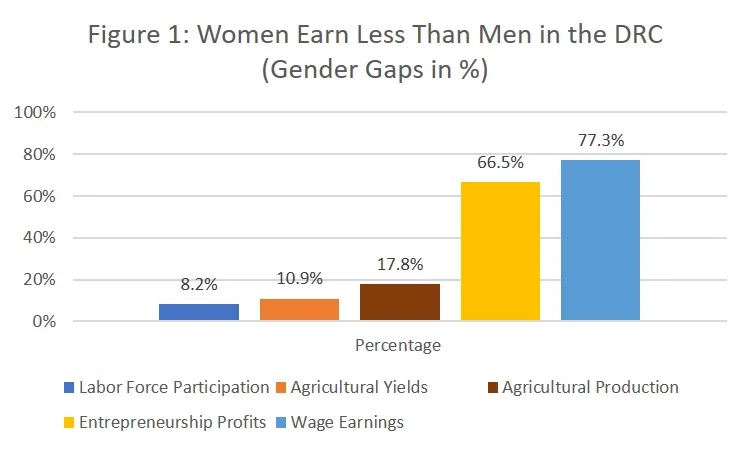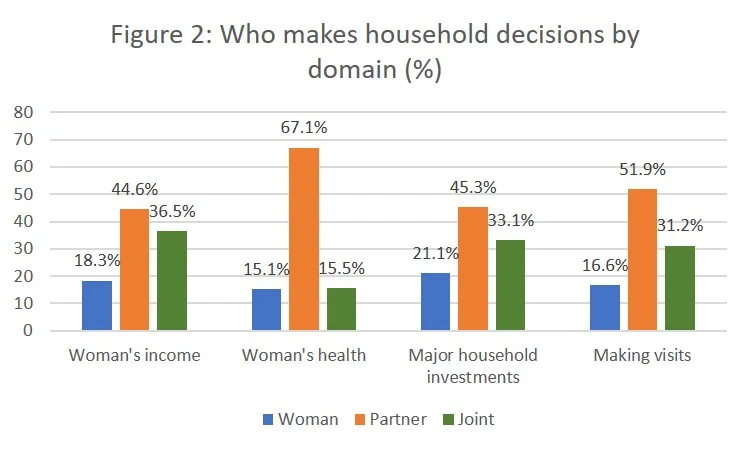Developing Nations
Gender Inequality and Poverty
The intertwining issues of gender inequality and poverty are pronounced for single mothers in the Democratic Republic of the Congo (DRC). Here’s an expanded exploration based on the available data:
Poverty Threshold:
- A significant portion of Congolese women, 61.2%, live below the poverty threshold, compared to 51.3% of men. This disparity in poverty levels is exacerbated for single mothers who have to provide for their families single-handedly.
Access to Economic Resources:
- Women’s access to economic resources and decision-making forums is severely limited in the DRC, which further compounds the economic hardships faced by single mothers. The persistent gender imbalances across various domains including economic, social, cultural, and political development, hinder women’s and, by extension, single mothers’ abilities to improve their socio-economic status. These challenges have been exacerbated by the negative impacts of recurring wars and ongoing insecurity in the country.
Gender-Based Violence:
- The DRC has a high incidence of gender-based violence, especially domestic violence directed at women and young girls. This violence is closely linked to the broader issues of under-development in human, economic, social, and infrastructure domains. The vulnerability of women to violence further entrenches the gender inequality and poverty experienced by single mothers.
Labor Market Participation:
- Significant gender gaps in labor market participation persist in the DRC. While 62% of women participate in the labor market, only 6.4% are engaged in wage employment compared to 23.9% of men. These disparities in labor market outcomes undermine the economic independence and financial stability of single mothers, making it challenging for them to escape poverty.
Food Insecurity:
- Food insecurity and extreme poverty have driven some women in the DRC to engage in prostitution as a means of survival. This desperate measure underscores the dire economic circumstances and the lack of viable alternatives available to women, including single mothers, in the face of poverty and gender inequality.
Early Marriage and Adolescent Birth Rates:
- Early marriage and high adolescent birth rates are indicative of the gender inequality prevalent in the DRC. About 29.1% of women aged 20-24 were married or in a union before age 18, and the adolescent birth rate was 109 per 1,000 women aged 15-19 as of 2016. These factors often lead to a cycle of poverty and gender inequality for young mothers, impacting their education, economic opportunities, and overall quality of life.
Microloan Impact
Microloans can play a significant role in economically empowering single mothers in impoverished regions like the Democratic Republic of the Congo (DRC). Here’s a summary of the impact based on the available information:
Income-Generating Opportunities:
- Microloans provide the necessary capital for starting or improving small income-generating businesses. Through a program by ProMicrofinance International (PMI), women in eastern DRC are offered micro cash loans alongside technical assistance to either start or enhance their small businesses. As these women repay their loans, they become eligible for larger loan amounts over extended terms, which can further aid in stabilizing and expanding their enterprises.
Improved Living Conditions:
- The microloan programs can lead to improved living conditions for single mothers and their families. Although not specifically in the DRC, a microloan program in Zambia showed that women who received loans were able to cover essential needs such as food, medicines, and school expenses. The program led to better health, increased school attendance, and greater financial literacy among the participants. Similar impacts can be expected in the DRC given comparable economic conditions.
Community Development:
- Microloan programs often come with additional support like business training and mentoring, which not only help individual loan recipients but also contribute to community development. The experience from Zambia showed that women build strong social networks through weekly support meetings, and they become role models and mentors for others in the community.
Emergency Relief:
- In some instances, aid to single mothers may come in the form of emergency relief rather than microloans. For example, the Danish Refugee Council distributed essential kits to single mothers in the Ituri district of DR Congo as a form of aid.
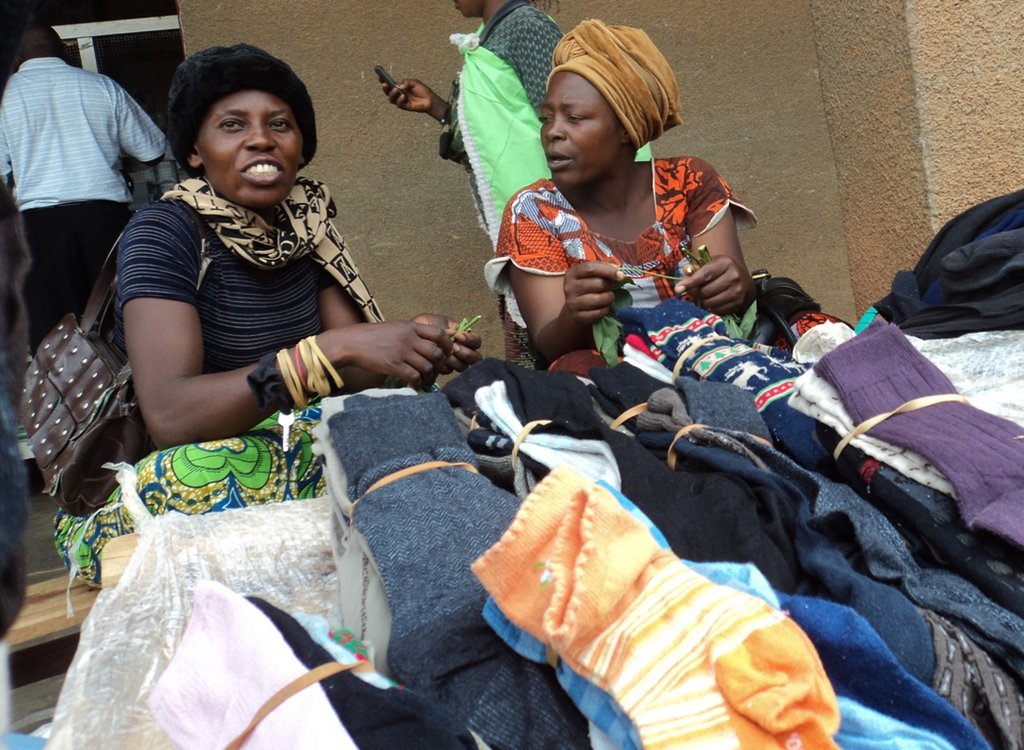
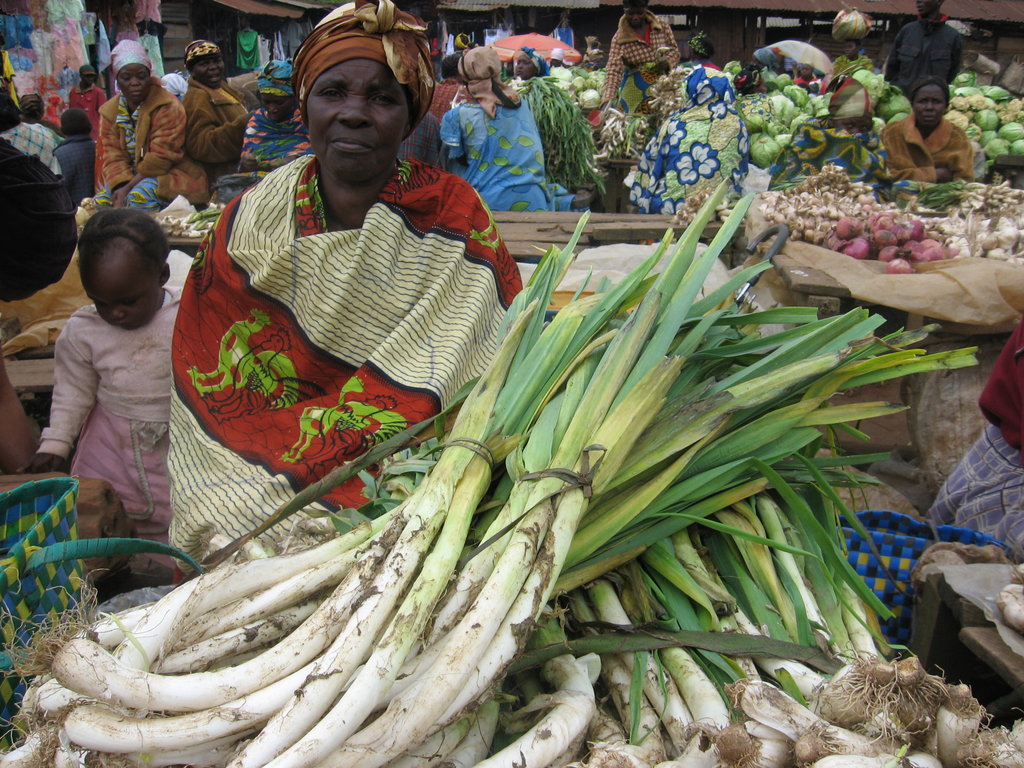
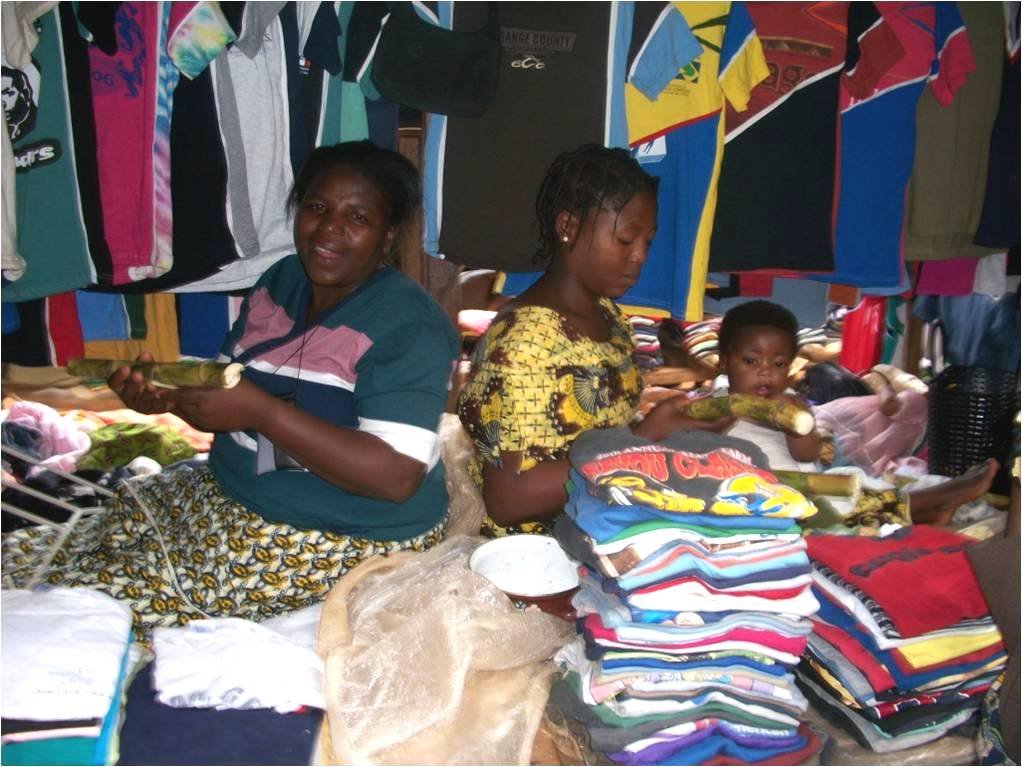
Donation Impact
Donations play a crucial role in alleviating the challenges faced by single mothers in the Democratic Republic of the Congo (DRC), a country marked by poverty, conflict, and gender-based violence. Here’s an expanded view on the impact of donations based on the available information:
Emergency Aid:
- Donations can provide immediate relief to single mothers in crisis situations. For instance, the Danish Refugee Council distributed essential kits to 483 single mothers in the Ituri district of DR Congo, which included necessary items like blankets.
Healthcare Support:
- Donations can significantly contribute to safeguarding the lives of mothers. The maternal mortality rate in the DRC is alarming, with one out of every 144 women dying while giving birth. Donations can help in implementing measures to improve maternal healthcare and reduce these statistics.
Humanitarian Assistance:
- Donations to humanitarian funds assist the most vulnerable communities in the DRC. The contributions are used to provide urgently needed resources like food, water, shelter, and other basic support through humanitarian NGOs and UN agencies.
Support to Local Organizations:
- Donations fill crucial funding gaps for local civil-society organizations, enabling them to work towards ending violence against women and girls, protecting human rights, leading humanitarian responses, and strengthening economic resilience.
Economic Empowerment:
- Donations in the form of cash grants empower individuals to purchase essential goods and rebuild their lives. The World Food Programme (WFP) provides cash as a form of humanitarian assistance, enabling people to buy food and essentials they need, which in turn stimulates local markets and aids in economic recovery.
Community Resilience:
- By supporting programs aimed at ending violence and strengthening economic resilience, donations contribute to creating safer and more stable communities, which is beneficial for single mothers and their families.
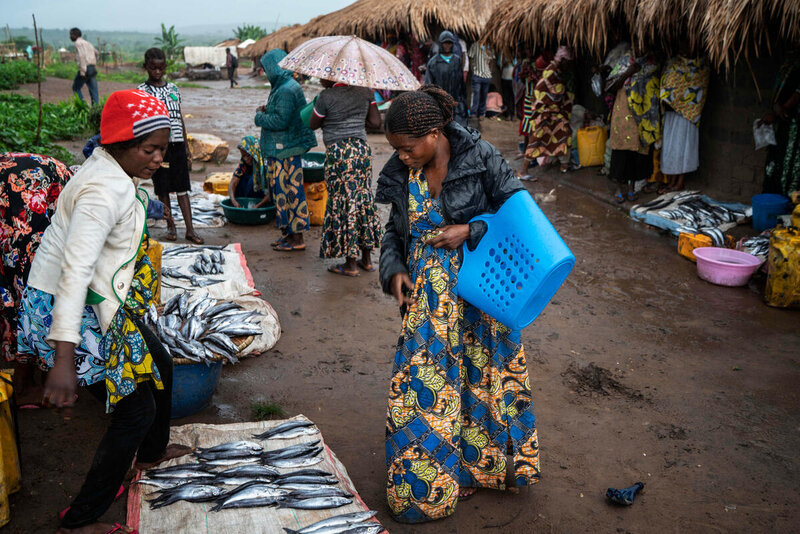
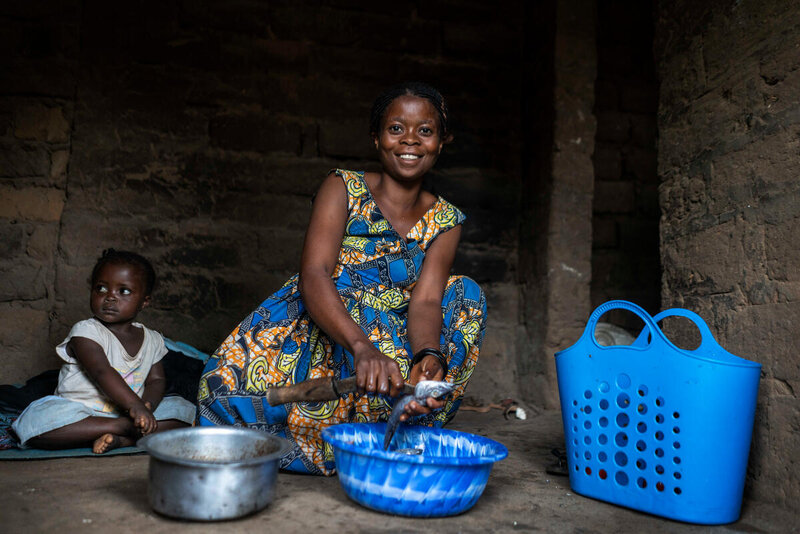
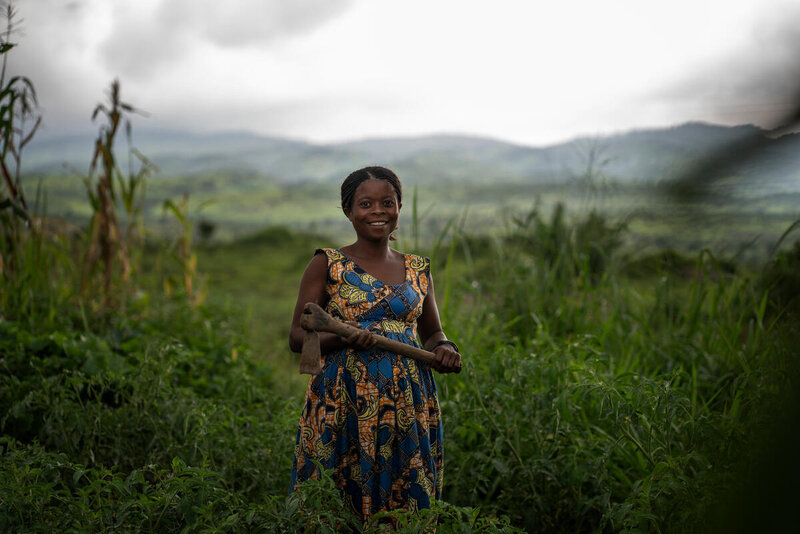
Educational Disparities
The education disparities for single mothers in the Democratic Republic of the Congo (DRC) are significantly influenced by a complex interplay of socio-economic factors. Here’s a detailed breakdown based on the available information:
Socio-economic Factors:
- Maternal education is closely associated with maternal health service utilization in the DRC. Understanding how socio-economic factors influence maternal health services utilization is crucial to reducing preventable maternal deaths in the country. Therefore, improving educational opportunities for single mothers could potentially lead to better healthcare utilization and outcomes.
Children’s Education:
- Over 4 million children aged 9-14 remain out of school in the DRC. Only 67% of children who enter first grade will complete sixth grade, and a mere 3.4% of ten-year-olds can read a simple text with comprehension. These statistics suggest a lack of educational support for children, which may be exacerbated for single mothers who might lack the resources to support their children’s education.
Progress and Challenges in Education:
- The DRC has made significant strides towards universal access to primary education over the past few decades, with the net attendance rate increasing from 52% in 2001 to 78% in 2018. However, 7.6 million children aged 5-17 are still out of school, and the preschool rate for children aged 3-5 is only 5%. These figures underscore the challenges in achieving universal education access, which can have a disparate impact on single mothers who might struggle to provide educational opportunities for their children.
Educational Inequalities:
- Inequalities within the educational system have a notable impact on the structure of Congolese society. While the specific disparities faced by single mothers aren’t detailed, the broader educational inequalities likely contribute to the challenges faced by single mothers in accessing education for themselves and their children.
Barriers to Girls’ Education:
- Barriers to girls’ education in the DRC include cultural history, economic lack, and the coexistence of these factors. These barriers may continue to affect women as they become mothers, hindering their ability to access education and improve their socio-economic status.
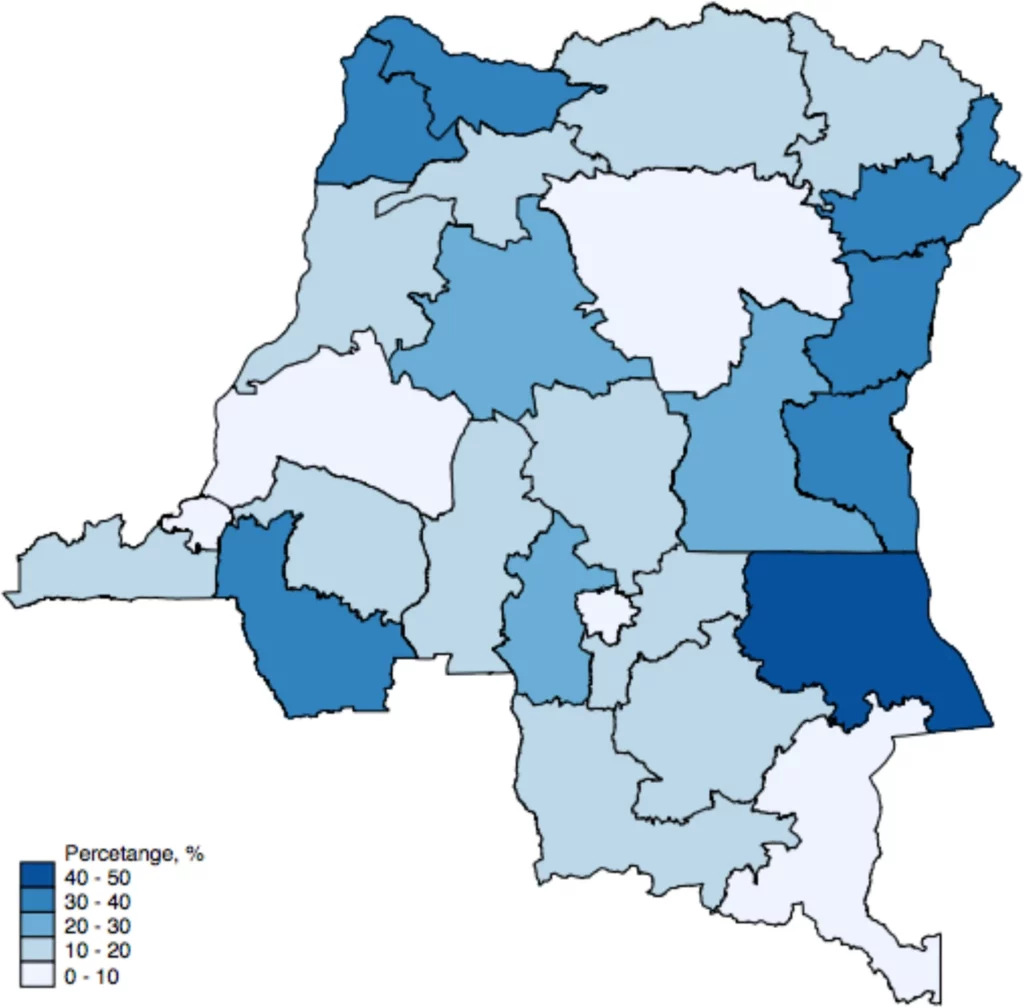
Percentage (%) of women with below primary and no education in each province.
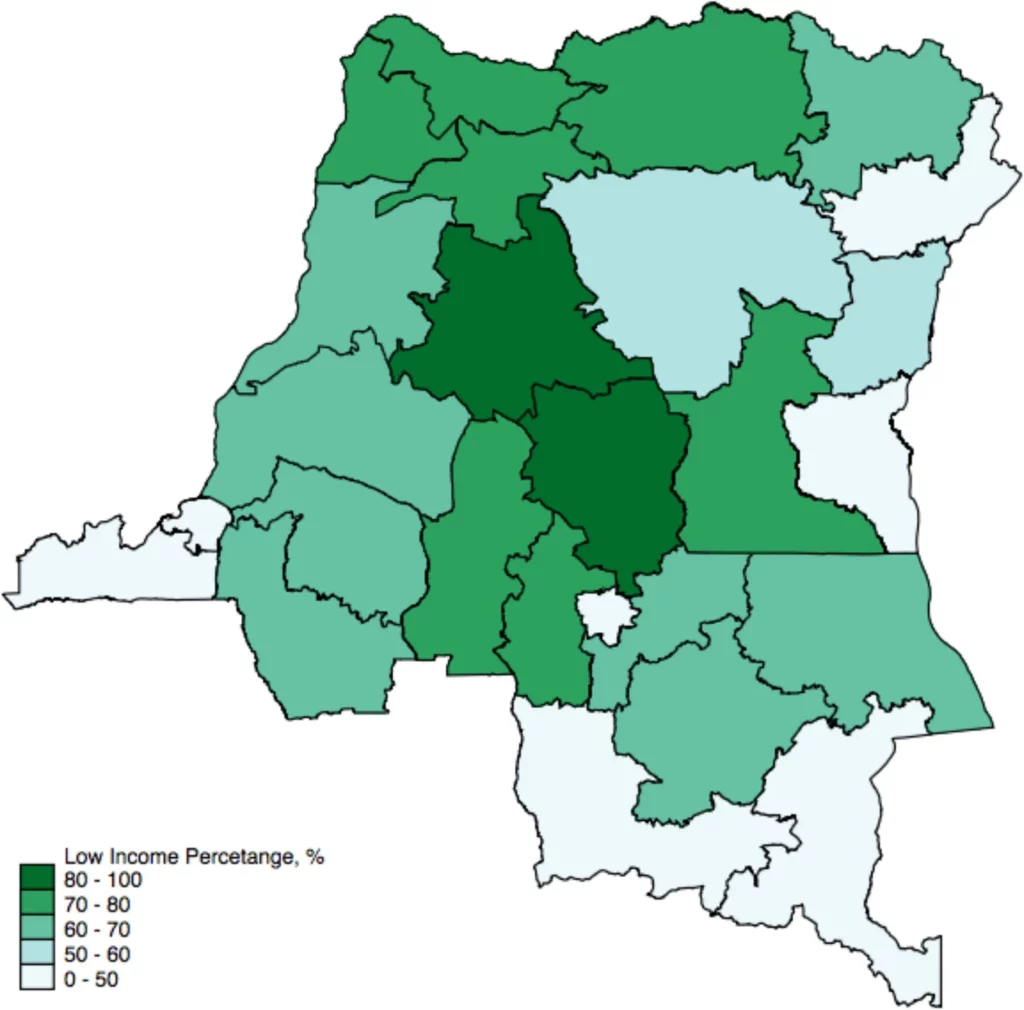
Percentage (%) of residents with low income* in each province. *low income was defined as the bottom two quintiles income.
Economic Challenges
Economic challenges for single mothers in the Democratic Republic of the Congo (DRC) are multifold, often exacerbated by gender disparities, conflict, and socio-political instability. Here’s a detailed breakdown based on the available information:
Labor Market Disparities:
- Significant gender gaps exist in the DRC’s labor market. Only 62% of women participate in the labor market, and a mere 6.4% of women are engaged in wage employment, as opposed to 23.9% of men. This disparity hinders the country’s efforts towards achieving inclusive economic growth and poses a particular challenge for single mothers striving for economic self-sufficiency.
Psychosocial Challenges:
- Single mothers in sub-Saharan Africa, which includes the DRC, face unique psychosocial challenges that can lead to child health and developmental disadvantages. These challenges are exacerbated by years of instability, conflict, and poor governance, often impacting the life trajectories of both the mother and child.
Vulnerability to Sexual Violence:
- Particularly, single mothers below 30 years of age are significantly vulnerable as many have suffered from sexual violence during and after conflicts in the area. This vulnerability further aggravates their economic challenges.
Support for Women Entrepreneurs:
- Efforts are being made to economically empower women, including single mothers. For instance, the World Bank approved $300 million to support women entrepreneurs, enhance the growth of new and existing micro, small, and medium enterprises (MSMEs), and promote job creation in the DRC. Such initiatives are crucial for addressing the economic challenges faced by single mothers.
Financial Hardships:
- The financial hardships of raising children in the DRC are immense for single mothers. They experience negative emotions and higher levels of household adversity while providing for their children in situations of extreme poverty. This economic strain is a significant challenge for single mothers striving to provide a better future for their children.
